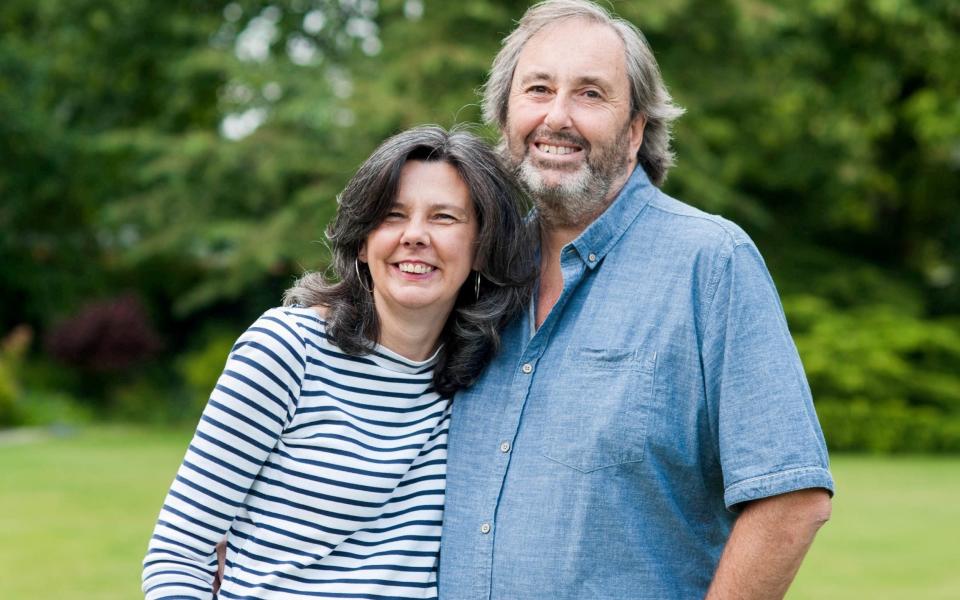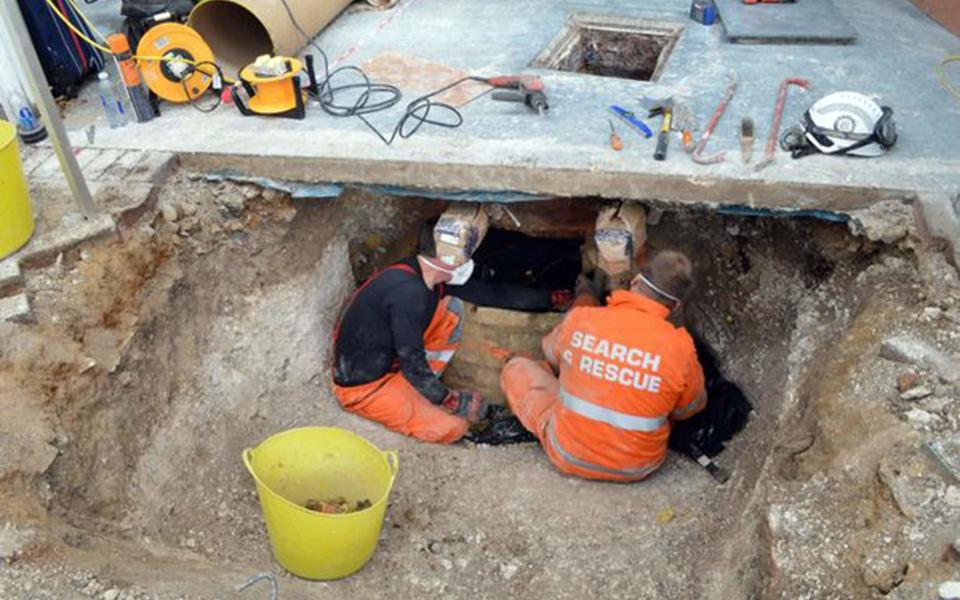Clue in preserved brain ‘shows Helen Bailey’s killer also murdered his first wife’, court told

The brain of a woman whose husband went on to murder his next partner showed that she did not die of natural causes as first thought, a court was told on Tuesday.
Diane Stewart, 47, died suddenly when she was alone at home with her husband, Ian Stewart, in June 2010 in what a coroner originally concluded was an epileptic episode.
Two years later, Stewart met Helen Bailey, a wealthy children's author, on a forum for the widowed and the pair began a relationship.
The couple were engaged and living together in Royston, Hertfordshire, when Ms Bailey disappeared in April 2016, prompting a major police search.
She was found dead, along with her dog, in a cesspit below their garage three months later, and Stewart was accused of killing her to get his hands on her £4 million fortune. He was convicted of murder following a trial in 2017.


Detectives subsequently reopened an investigation into the death of Stewart's first wife, and on Tuesday the 61-year-old went on trial at Huntingdon Crown Court, accused of her murder. He denies the charge.
Stuart Trimmer QC, prosecuting, told jurors that Mrs Stewart was cremated but she had donated her brain to medical research and, "by a stroke of fortune", brain tissue was kept.
Three "pre-eminent experts" were instructed by police to examine the sample and concluded that the "cause of death was most likely caused by a prolonged restriction to her breathing", Mr Trimmer said.
He told the court: "The account of her death given by Ian Stewart, the only other person at the premises with her, is directly contradicted by the medical evidence."
Paramedics found that Mrs Stewart was not breathing and without a heartbeat when they were called to the home she shared with her husband and their two children, Jamie and Oliver, in Bassingbourn.
Stewart was able to "fool medical professionals" by suggesting her death must be linked to a diagnosis of mild epilepsy she had received in 1992, although no fit "of any sort" had occurred in the following 18 years, Mr Trimmer said.
She also took medication for the condition and "no other physical injuries" were found to suggest she had collapsed, the court heard.
Mr Trimmer said: "The only viable remaining cause appears to be third-party action in the form of asphyxiation. This may be smothering or a form of neck hold."
Stewart gave ‘differing accounts’
The prosecutor said Stewart gave "differing accounts" of what happened, including that he had been to Tesco and returned to find his wife outside on the ground, and that she had been hanging washing out shortly before he saw her lying next to the line.
"There had been some arguing between Ian and Diane Stewart in the week preceding her death," Mr Trimmer said.
Police interviewed Stewart at the time but he chose to reply "no comment" or remained silent when questioned, providing only a short prepared statement saying he had found his wife "lying unconscious on the patio".
Stewart's behaviour in the months that followed was "hard to square with the conduct of a grieving husband", Mr Trimmer said, as he bought a sports car and quickly began a new relationship.
Mrs Stewart’s sister, Wendy Bellamy-Lee, told the court she "definitely" harboured concerns about the death of her sister, largely because of the fact that "Ian had been on his own".
She described how Stewart became "really, really cross" when she rang the coroner's office days after her sister's death, asking for more information. The defendant was said to have told her over the phone that her actions were "inexcusable".
The trial, due to last four weeks, continues.

